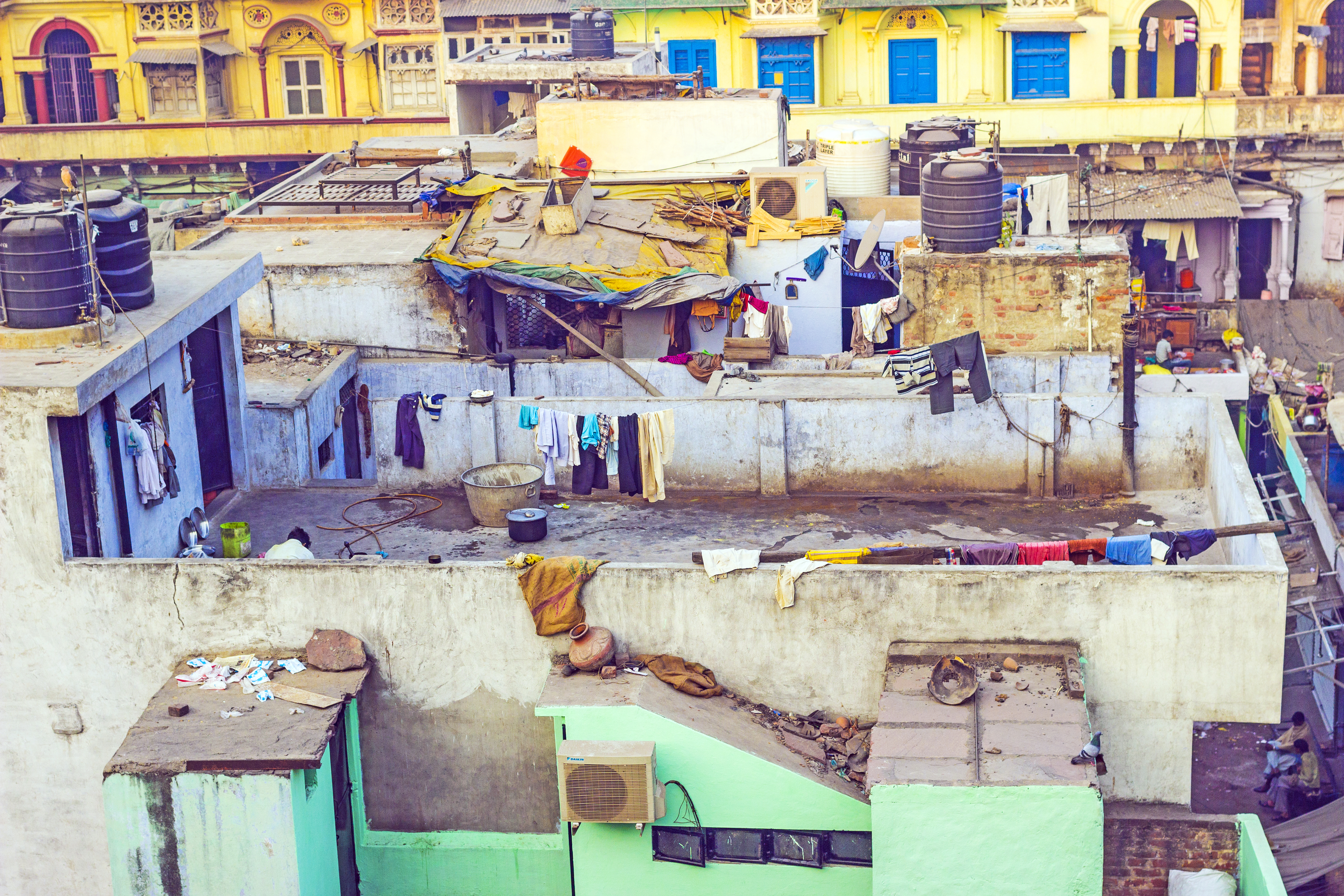Stop All Construction In Delhi's Unauthorised Colonies: SC

The much-politicised issue of regularisation of illegal colonies in Delhi has brought the authorities and the Supreme Court at loggerheads yet again. Dashing hopes of many residents, the apex court on April 24 halted further constructions in as many as 1,797 colonies, which are not in conformity with the building bye-laws. Most recently, a Special Task Force (STF) formed by the Centre on April 30 removed 475 temporary structures on 30 stretches of roads. These roads are spread across areas, including Chandni Chowk, Khari Baoli, the Janakpuri Metro Station and Dwarka.
Raising eyebrows over the authorities’ intent of regularising the colonies, the court had asked the Centre to set up a special task force (STF) to oversee enforcement of laws regarding illegal constructions.
Regularisation is not the solution
Mushrooming of unauthorised colonies in a big city such as Delhi has been a cause of concern. More than 30 per cent of the city’s population lives in such colonies. These settlements are quickly but haphazardly developed as there are no proper procedures followed or approvals taken. Although the affordability of properties in such colonies is a key attraction for buyers, the deplorable civic condition cannot be ignored.
The court expressed its disapproval towards the areas where there was no ‘rule of law’. A bench of Justices Madan B Lokur and Deepak Gupta has refused to vacate the stay at this on the proposed amendments in the Delhi Master Plan - 2021. A senior advocate, assisting the case, said that nothing has been done despite apex court's 2007 judgement on this issue. He said that such developments put a strain on the civic amenities like roads, sewage and electricity supply and by virtue of extension of legislations protecting such buildings from being sealed, rampant illegal constructions were going on.
However, additional Solicitor General (ASG) Maninder Singh, representing the Delhi Development Authority (DDA), said building bye laws would be implemented in such colonies before they are regularised.
*As many as 1,218 colonies have been issued provisional regularisation certificate.
*Authorities have been asked to specify the area (in acres) of government land taken back where unauthorised constructions have come up.
*The DDA has informed that around 27.02 acres of public land have been freed by the authority since April 1. It has been asked to file an affidavit and present the matter for hearing after two weeks.
*The Central Ground Water Board (CGWB) has been asked to provide statistical information on ground water levels in Delhi since 2000 onwards.
*The court has been analysing the validity of the Delhi Laws (Special Provisions) Act, 2006 and subsequent legislations that protect unauthorised construction from being sealed.
Clash of interests
In the past decade, the government has brought up several policies aimed at legalising these illegal settlements viz. the Revised Guidelines 2007 for regularisation of unauthorised colonies in Delhi.
The DDA’s failure in fulfilling the housing demand could be counted among the factors leading to creation of such illegal colonies. Such unauthorised clusters are exposed to social hazards. Poor sewerage facilities, open garbage dumps, etc. has put the safety and health of the city residents at risks.
The Delhi High Court (HC) warned the AAP government of a time bomb in the making owing to its vested interest of regularising illegal constructions. The HC has pointed out a nexus between the Delhi government and municipal corporations that allow such activities by charging a compounding fee. It even raised the issue of bonded labour (including children) in many illegal factories across the city.
Meanwhile, Minister of Housing and Urban Development Hardeep Singh Puri has said that members of sealing committees are unaware of the ground realities and should be sympathetic towards people from the rural areas who come to urban spaces for economic opportunities.
Supporting the redevelopment of cities to accommodate more people, he said that around 600 million Indians would be living in urban spaces by 2030. Several commercial establishments were sealed in December last year for failing to deposit conversion charges according to provisions in the Delhi Master Plan 2021.
With inputs from Housing News
